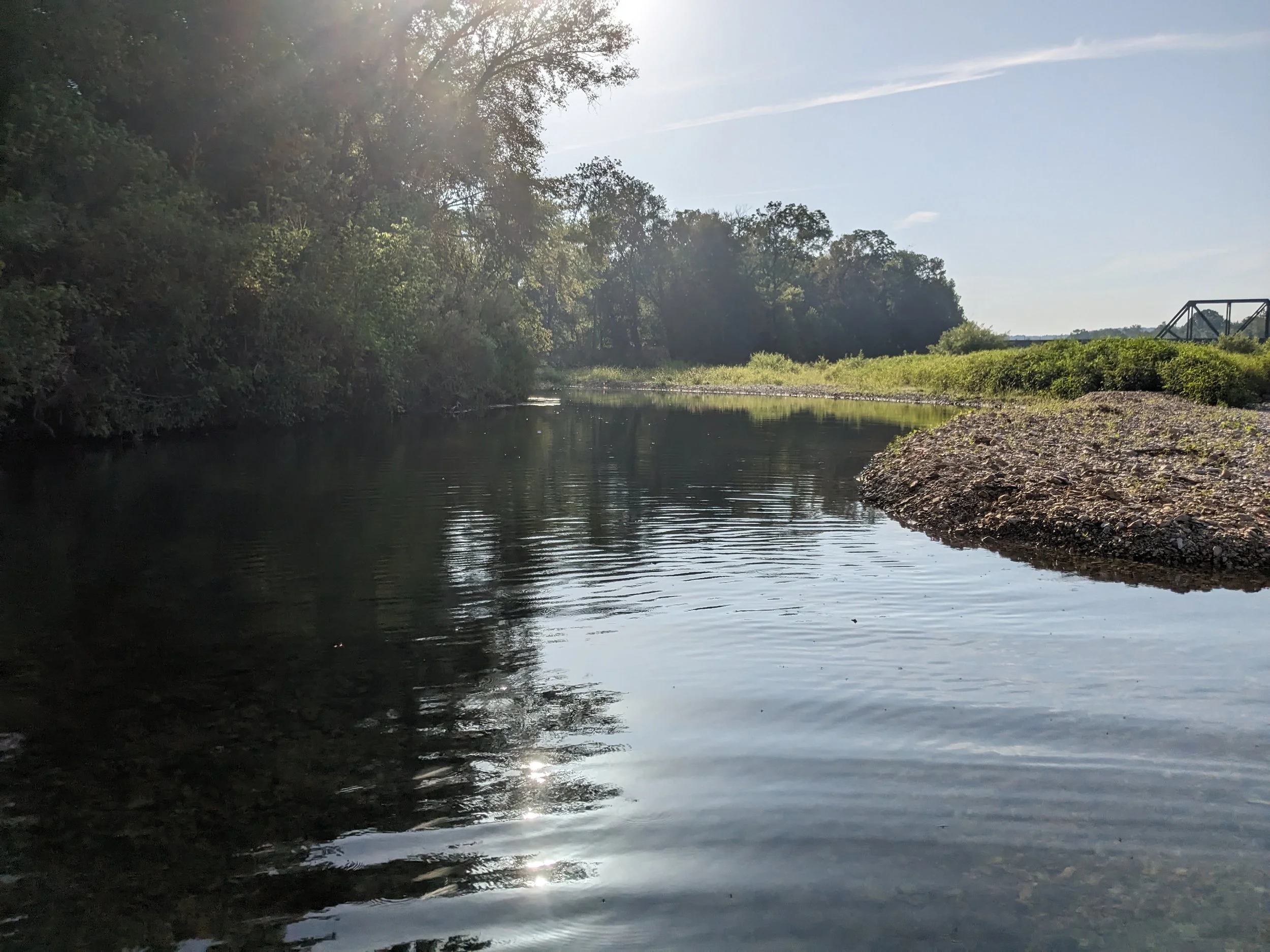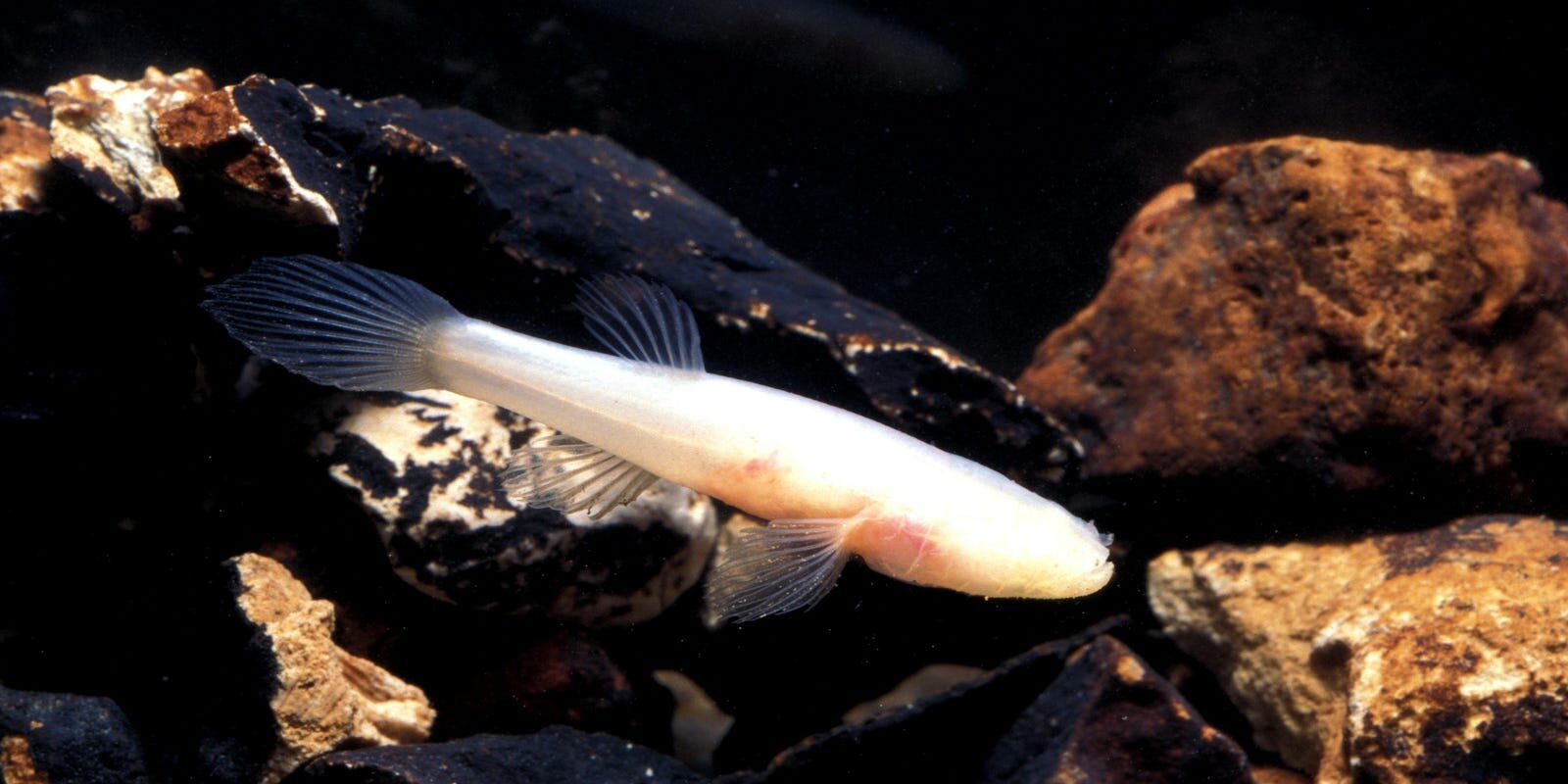
Water Quality Monitoring of the Illinois River Watershed

VOLUNTEER WATER QUALITY MONITORING
VOLUNTEER WATER QUALITY MONITORING
LET’S GET READY FOR 2026!
ORIENTATION IS THURSDAY, DEC 11!
IRWP will start with an orientation meeting for the volunteer water monitoring program tentatively scheduled for Thursday, December 11 from 6-7pm, dinner provided to those who registered by Friday, December 5! We will announce training session options in spring, familiarize prospective volunteers with resources, and form monitoring teams.
To be on a volunteer water monitoring team, you must attend orientation and one training session.
Volunteer Water Monitoring training in Oklahoma by Blue Thumb.
IRWP supporting Division of Environmental Quality conduct a fish survey on Flint Creek.
At IRWP, we focus on key water quality challenges facing the Illinois River Watershed.
Impairments such as: Nitrogen, Phosphorus, E. Coli, Turbidity
Habitat such as: riparian buffer zones, substrate
Species of conservation concern
Longear sunfish (Lepomis megalotis) are a common native fresh-water fish to the Illinois River Watershed and a popular sport-fishing species.
Least Darter (Etheostoma microperca) is the smallest freshwater fish in Arkansas. These little guys have very limited distribution and are designated as a species of greatest conservation need by the Arkansas Game and Fish Commission.
Banded sculpin (Cottus carolinae) can change their pigmentation rapidly to blend in with their surroundings, and require cold, clean, highly oxygenated water.

Studies of the Illinois River Watershed
Ecological Assessment of the Illinois River Watershed
2024
What's living in the river? In this study, we did "Bug Kicking" or macroinvertebrate collection from several sites across the Upper Illinois River Watershed. Local EAST students and volunteer citizen scientists assisted in the macroinvertebrate analysis and habitat survey.
Streambank Erosion Inventory Study
2020
Since 2017, IRWP has undertaken a "streambank erosion inventory" to understand the extent of streambank erosion along impaired reaches of the Illinois River and its tributaries. Using the BEHI modeling method, the study estimated erosion rates and quantities of sediment and phosphorus loading from 923 stream segments. Some key findings include:
Across the 45 mile study area, the upper watershed is experiencing an average erosion rate of 2.88 feet per year.
Erosion is projected to contribute 102,822 tons of sediment and 154,233 lbs of phosphorus annually into the watershed.
This represents approximately 54% of Total Phosphorus loading in the Upper Watershed.
To put the phosphorus loading number into perspective, the four largest wastewater treatment facilities in the watershed cumulatively load just over 24,000 pounds of phosphorus per year. This result indicates that streambank erosion presents one our greatest challenges in lowering phosphorus concentrations in the watershed.
EAST students from J.O. Kelly Middle School participate in a benthic macroinvertebrate survey.
A stonefly, which are among the most sensitive taxa of benthic macroinvertebrates. Their presence indicates good water quality.
Annie Sales, IRWP Director of Restoration Services, helps perform fish survey.
“Little drops of water, little grains of sand, make the mighty ocean and the pleasant land.”
Additional Water Quality Monitoring Resources
Ozark Cavefish from Springfield News-Leader.


















Our Volunteer Water Monitoring Program engages citizen scientists to become part of our Ecological Assessments. In 2025, Oklahoma waterways are under study. Volunteer Water Monitors must attend at least one training session to participate. Training will begin in early spring 2026.
For any questions, email the program manager Suzanne Murphy at suzanne@irwp.org










